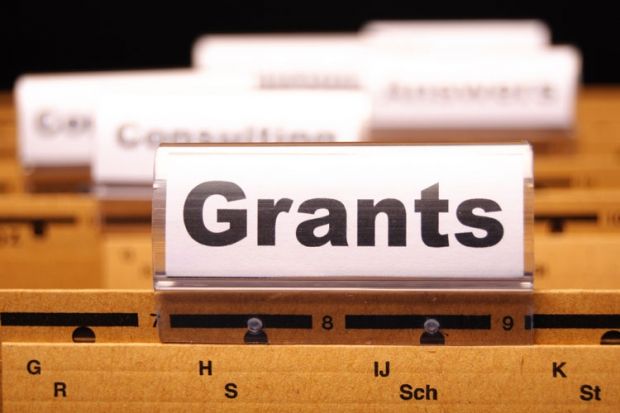Leverhulme Trust
Research Project Grants
Sciences
- Award winner: David Saad
- Institution: Aston University
- Value: £155,624
Islands of equilibrium in a non-equilibrium world
- Award winner: James Tucker
- Institution: University of Birmingham
- Value: £118,436
Expanding the range and versatility of ferrocene nucleic acids
- Award winner: Meesha Warmington
- Institution: University of York
- Value: £217,890
Executive control, working memory and literacy skills in bilingual children
International Networks
Humanities
- Award winner: David Moon
- Institution: University of York
- Value: £123,005
Exploring Russia’s environmental history and natural resources
Economic and Social Research Council
Transformative Research Call: ‘Transforming’ Social Science
Maximum limit of £250,000 and will run for 18 months.
- Award winner: Thomas Plümper
- Institution: University of Essex
Robustness – a new methodology for causal inference
- Award winner: Mark Whitehead
- Institution: Aberystwyth University
Negotiating neuroliberalism: changing behaviours, values and beliefs
- Award winner: Alison Liebling
- Institution: University of Cambridge
Locating trust in a climate of fear: religion, moral status, prisoner leadership and risk in maximum security prisons
- Award winner: Nicky Gregson
- Institution: Durham University
Illicit economics and the spaces of circulation
- Award winner: Ran Spiegler
- Institution: University College London
Games between diversely sophisticated players
National Institute for Health Research
Health Services and Delivery Research Programme
- Award winner: Paul McCrone
- Institution: King’s College London
- Value: £399,324
Location of care for people with serious mental illness: implications for service use and costs
Efficacy and Mechanism Evaluation Programme
- Award winner: Anthony Gordon
- Institution: Imperial College London
- Value: £1,139,470
An efficacy and mechanism evaluation study of Levosimendan for the prevention of acute organ dysfunction in sepsis (LeoPARDS)
In detail

Public Health Research Programme
Award winner: Iain K. Crombie
Institution: University of Dundee
Value: £845,521
Reducing binge drinking among disadvantaged men through a brief intervention delivered by mobile phone: a multi-centre randomised controlled trial
Disadvantaged men binge-drink frequently and are at a far higher risk of experiencing alcohol-related harm. The challenge for tackling harmful drinking is that the uptake of public health interventions among socially disadvantaged men is low. This study will test the effectiveness of an intervention aimed at reducing the frequency of binge drinking among young to middle-aged disadvantaged men. Intervention is delivered through a series of interactive text messages with images sent to mobile phones. It will help the men to realise that they are at risk from their drinking and motivate them to change behaviour. It will also increase their self-confidence to refuse drinks, encourage them to make a commitment to drinking less and support them to continue a pattern of reduced binge drinking.
